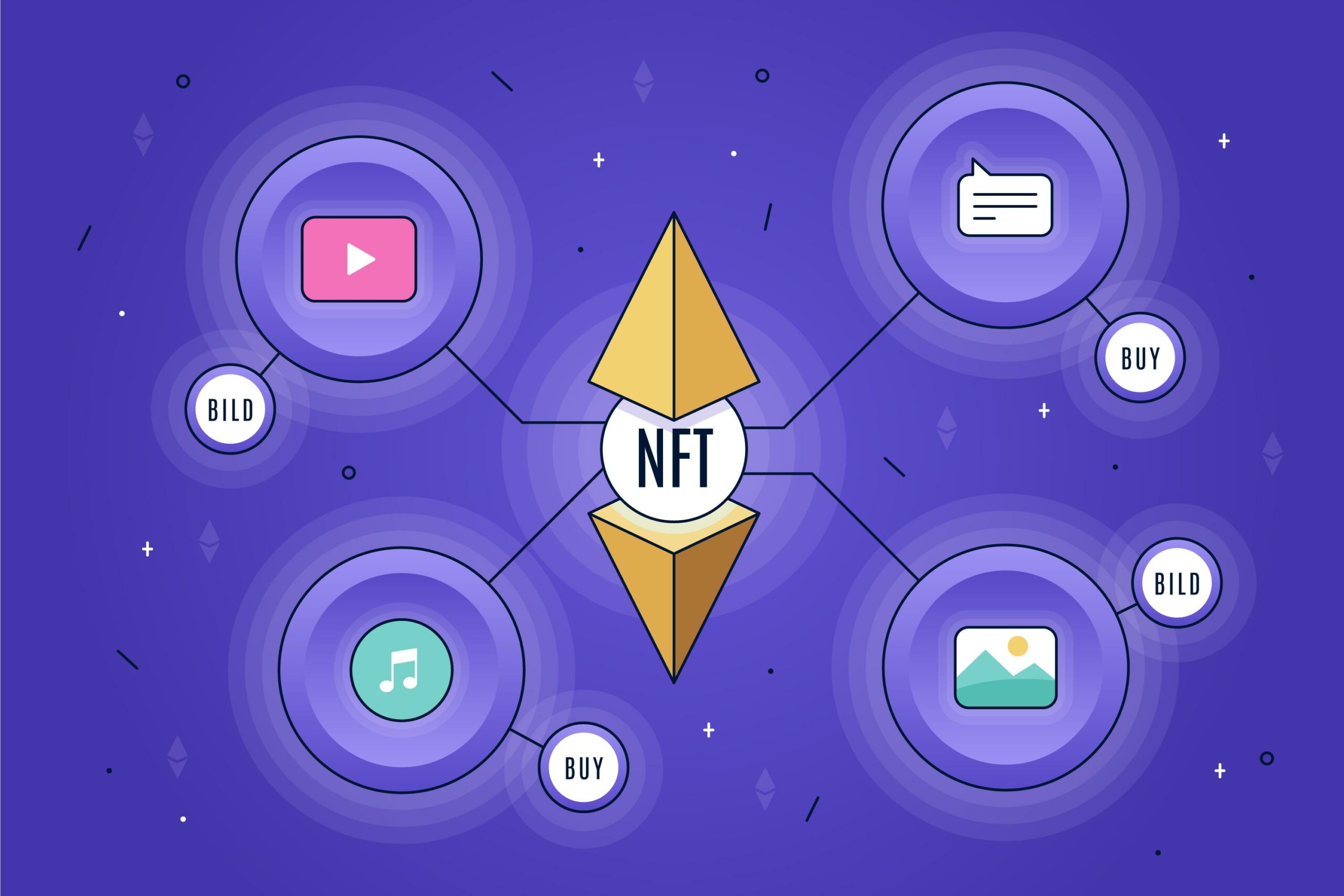If you’ve bought, sold, or created NFTs in the past year, you most likely owe taxes to the IRS. However, there are a few simple and legal strategies that can potentially help you save thousands of dollars on your tax bill.
In this blog, we’ll walk through the basics of how NFTs are taxed and share 5 tips to help you legally reduce your tax bill.
How are NFTs taxed?
To better understand how you can save money on your NFT taxes, it’s important to understand the basics of how NFTs are taxed.
Like other crypto-assets, NFTs are subject to capital gains tax and income tax. Let’s break down a few different scenarios where you’ll pay tax on your NFTs.
Buying an NFT: When you buy an NFT with cryptocurrency, you’ll incur a capital gain or loss depending on how the price of the crypto you’re using to make the purchase has changed since you originally received it.
Disposing an NFT: When you sell or trade away an NFT, you’ll incur a capital gain or loss depending on how the price of your NFT has changed since you originally received it.
Creating an NFT: If you’ve created and sold your own NFT, you’ll recognize ordinary income based on the revenue you receive from primary and secondary sales.
5 ways to save money on NFT taxes
Buy NFTs with fiat currency
As discussed earlier, buying NFTs with cryptocurrency is subject to capital gains tax. If the price of your crypto has appreciated significantly since you originally acquired it, you may be subject to a large tax liability.
To reduce your tax bill, consider buying NFTs with fiat currency instead. Since you are not disposing of a capital asset like cryptocurrency, you are not liable for capital gains tax. Currently, NFT marketplaces like OpenSea support the option to pay for NFTs via credit card.
Dispose of your NFTs in a low-income year
The tax rate you pay on NFTs and cryptocurrency is dependent on your total income for the year. Generally, the more income you have, the higher tax rate you’ll pay.
To minimize their tax burden, many NFT investors choose to dispose of their assets in years when their income is low. For example, some investors dispose of their NFTs while they are between jobs or studying full-time.
Keep track of relevant fees
It’s important to keep a record of all the fees you incurred while trading NFTs. Fees directly related to acquiring and disposing of NFTs can reduce your tax bill.
Fees paid while acquiring your NFT can be added to your cost basis. Meanwhile, fees paid while disposing of your NFT can be subtracted from your gross proceeds. In either case, your fees will reduce your total capital gain!
Claim your NFT & crypto losses
Disposing of your cryptocurrency and NFTs at a loss comes with tax benefits!
Capital losses can offset all of your capital gains — whether they’re from cryptocurrency, stocks, and NFTs — and up to $3,000 of income for the year. Additional losses can be rolled forward into future tax years.
Dispose of worthless NFTs
If your NFT has lost significant value, you may have trouble finding a buyer. Unfortunately, if you can’t dispose of your NFT, you won’t be able to claim a capital loss and the associated tax benefits!
If you find yourself in this situation, you can use free tools like NFT Tax Harvestooor to dispose of your NFT and claim a capital loss on your tax return.



































